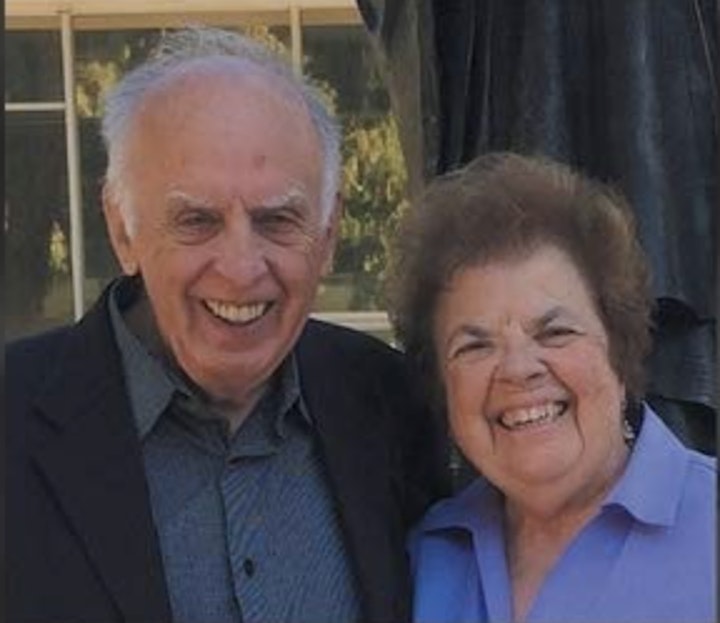The World House Global Network presents Saumitra Jha
On Friday, November 12, 2021, at 10:00 am PT, The World House Global Network is honored to host Saumitra Jha who will discuss: "Nonviolence: Lessons from India's Independence Struggle."

Saumitra Jha is an associate professor of political economy at Stanford Graduate School of Business, and, by courtesy, of economics and of political science at Stanford School of Humanities and Sciences; and convenes the Stanford Conflict and Polarization Lab. He is also a senior fellow at the Center for Democracy, Development and Rule of Law within the Freeman-Spogli Institute for International Affairs.
Jha’s research has been published in leading journals in economics and political science, including Econometrica, Quarterly Journal of Economics, American Political Science Review and Journal of Development Economics, and he serves on a number of editorial boards. His research on ethnic tolerance has been recognized with the Michael Wallerstein Award for best published article in political economy from the American Political Science Association in 2014 and his coauthored research on heroes with the Oliver Williamson Award for best paper by the Society for Institutional and Organizational Economics in 2020. Jha was honored to receive the Stanford MSx Teacher of the Year Award, voted by the students program in 2020.
Online via Zoom. Register Now










